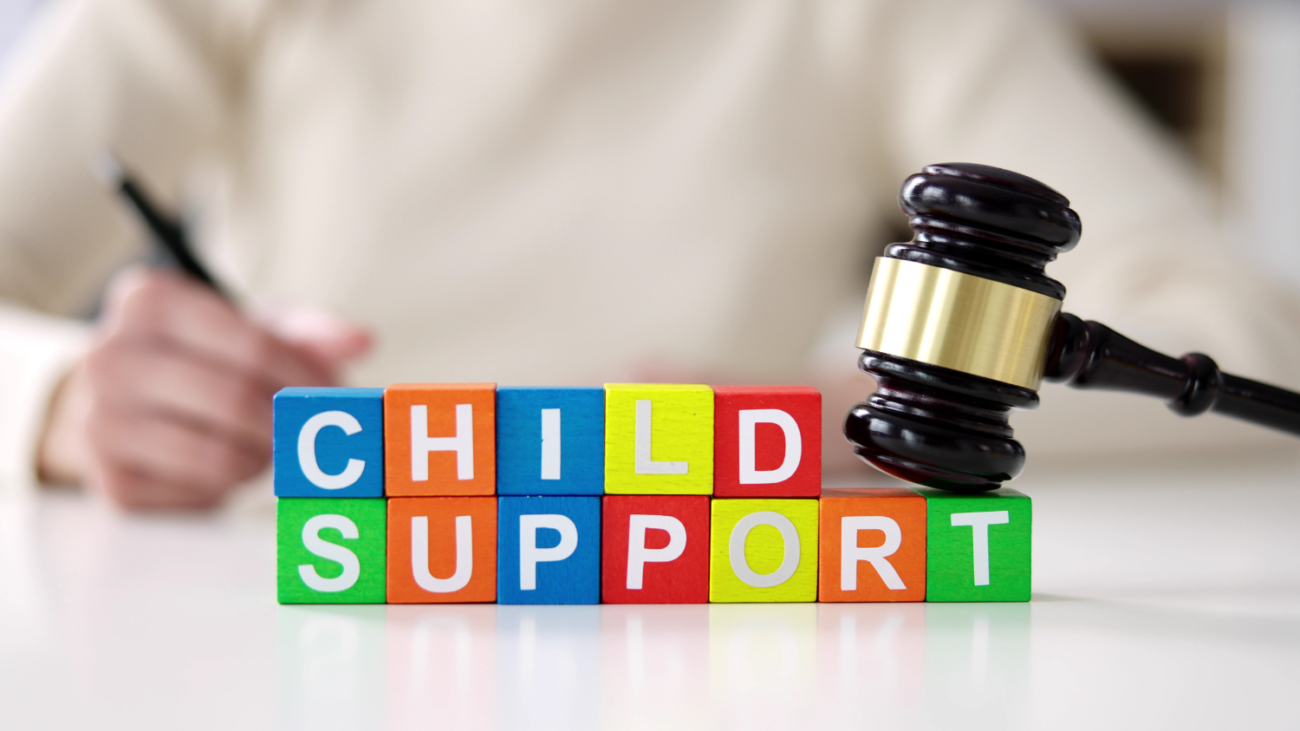Introduction
Childcare legal guidelines in the United States are subject to ongoing federal and state modifications. In 2025, there were discussions and legislative efforts to edit childcare rules, such as capacity reforms under the Trump administration. This article explores the current updates in infant care laws, analyzing the impact on families, parents, and children, including the effects of new child support laws 2025 Trump policies.
Federal Legislative Efforts
At the federal level, there have been proposals to replace baby help laws, ensuring better financial balance for custodial parents and children. One significant improvement is the reintroduction of the Unborn Child Support Act by Republican lawmakers. This rule aims to allow expectant moms to acquire financial help before the start of their toddler, addressing medical costs and pregnancy-related fees.
The Unborn Child Support Act proposes that courts can order child guide payments during pregnancy rather than beginning simplest after the kid is born. Additionally, it permits retroactive bills, which means fathers may be required to make bills from the start of pregnancy. Courts also can mandate paternity testing earlier than birth if it does not endanger the mother or child. The invoice stipulates that assist bills can cover clinical checkups, delivery prices, and prenatal care.
This bill has acquired strong backing from pro-life advocates and conservative lawmakers who argue that it strengthens the popularity of unborn children in felony frameworks. Critics, however, raise issues about its effect on paternity disputes and enforcement complexities. While this proposal has won traction among Republican lawmakers, it faces competition from folks who argue it can introduce enforcement demanding situations and capacity disputes over paternity rights.
State-Level Child Support Reforms
Several states have also delivered new baby support rules in 2025. Themes to improve this project rove series charges, decorate enforcement mechanisms, and provide additional aid to custodial dads and dads.

One of the most exquisite reforms on the kingdom level is Alabama’s recent passage of a regulation granting paid parental leave to kingdom personnel, teachers, and public officers. Under this law, new moms are entitled to eight weeks of paid maternity leave, while fathers are provided with weeks of paid paternity.
The regulation also covers go-away for dads and moms who experience beginning-associated clinical emergencies, along with miscarriages and stillbirths. This reform is significant in supporting operating dad and mom stability in their professional duties with parental responsibilities, even ensuring financial stability.
In California, stricter measures for baby guide enforcement have been brought in to ensure custodial dads and moms receive the bills owed to them. These measures include automated wage garnishment for delinquent parents, suspension of driving force’s licenses for non-compliance, and more potent consequences for those who continually fail to satisfy their infant help obligations. These regulations aim to lessen baby assist arrears and preserve non-compliant dad and mom responsibility, ensuring children obtain the financial support they need.
Texas has additionally adjusted its toddler help device, particularly in calculating bills. Lawmakers within the state have introduced new policies that adjust child aid bills based on inflation and the fee of dwelling. The aim is to ensure that toddler support responsibilities stay truthful and reasonable while stopping previous payment amounts from causing undue problems for both. Additionally, Texas has implemented a more flexible charge structure for unemployed or underemployed mothers and fathers to save you excessive arrears from collecting.
Debunking Myths About Trump’s Child Support Laws
Despite significant speculation, Donald Trump will no longer enact new federal baby support laws in 2025. Various rumours on social media suggest that the Trump administration has significantly overhauled toddler support taxation and enforcement rules. However, several truth-checking organizations have proven those claims false. According to legitimate assets, no executive orders or new federal regulations associated with child support have been signed by the president this year.
The confusion surrounding Trump’s stance on child support laws stemmed from broader discussions concerning the rules of the circle of relatives under his administration. While Trump has supported the circle of relatives-related tax credits and parental leave guidelines, those discussions no longer immediately affect baby help enforcement legal guidelines. As such, it’s more essential to depend upon verified resources while assessing coverage changes instead of unsubstantiated social media claims.
The Impact of These Changes on Families
The present-day child help laws and reforms address gaps within the device, reaping benefits to custodial parents, non-custodial parents, and kids. For custodial mothers and fathers, these reforms ensure that financial support is tender, lowering financial strain and enhancing typical child welfare. Increased enforcement measures in states like California prevent non-custodial mothers and fathers from evading their responsibilities, ensuring that kids receive the monetary help they need for their upbringing.
For non-custodial parents, especially those facing financial hardships, the new policies in Texas and different states provide a fairer shape for child guide duties. Adjustments for inflation and cost-of-residing charges ensure that bills stay reasonable, and bendy price alternatives assist save your parents from falling into unmanageable arrears. These legal guidelines seek to create a more balanced baby aid device that considers all parties’ wishes by addressing enforcement and fairness.
The most enormous beneficiaries of those reforms are children, who rely on infant support bills for their well-being. By enhancing enforcement mechanisms and ensuring timely payments, these rules improve the stability and safety of children from separated households. The introduction of prenatal baby aid payments, as proposed in the Unborn Child Support Act, also underscores the developing recognition of a child’s needs even before delivery, reinforcing the significance of financial obligation from both dad and mom.
Conclusion
While no predominant federal baby support laws were signed by President Trump in 2025, numerous state-degree tasks and legislative proposals, which include the Unborn Child Support Act, sign enormous shifts in the landscape. These modifications replicate an evolving legal framework to improve financial security for custodial mothers and fathers while ensuring fairness in infant assistance enforcement. As policymakers continue to deal with demanding toddler support situations, those reforms will affect the financial duties of mothers and fathers and the well-being of children. The ongoing efforts at each kingdom and federal level display a commitment to refining the kid support system to satisfy the evolving wishes of American families. These new child support laws 2025 Trump initiatives highlight the focus on adapting child support policies to contemporary family needs.

